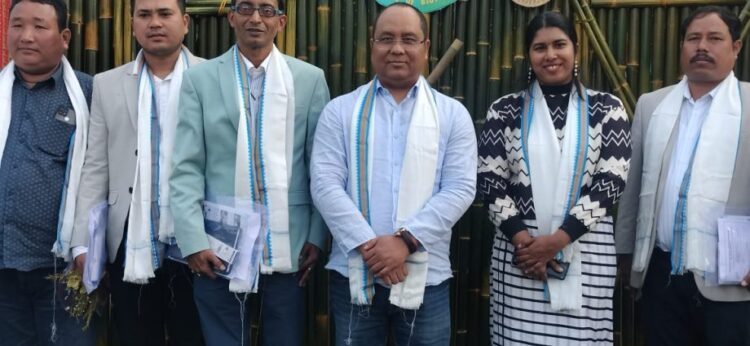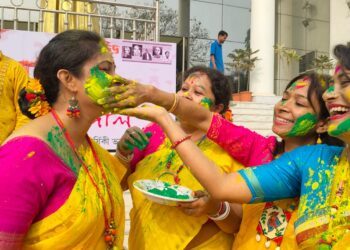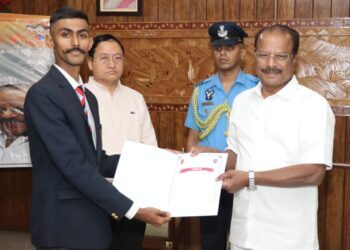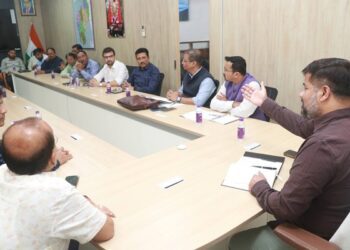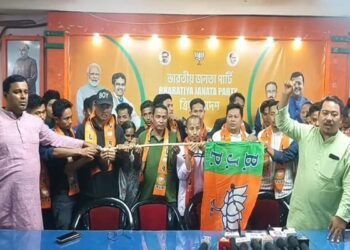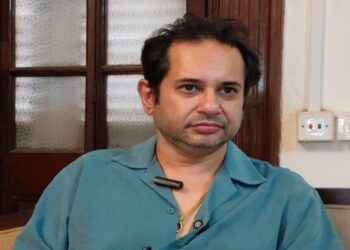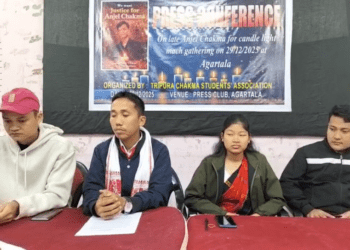Agartala: Jan 24: Today, the ‘Pancha Biovillage 2.0’ project was launched at the Shiter Smriti Community Hall in Tulasikhara block by the Minister of Science, Technology, and Environment, Animesh Debbarma. This innovative initiative by the state’s Biotechnology Department has already received accolades from the NITI Aayog.
During the event, the Minister praised the department’s efforts and highlighted the success of the 21 Biovillages already implemented. A total of 1272 LED bulbs, 318 street lights, 330 liters of organic liquid fertilizer, and 47 battery-operated 16-liter sprayers were distributed among 318 beneficiaries.
The implementation of the Biovillage 2.0 project has brought attention to villages like Purba Behalabari, Bidyabil, Paschim Rajnagar, Paschim Champa Chera, and Purba Taksaya in the Tulasikhara block of Khowai district. These villages are predominantly inhabited by tribal communities and, in some cases, by the Odia community.
Anjan Sengupta, Joint Director of the Biotechnology Department, who initially conceived the project, shared that he never imagined it would grow to such a magnitude. ONGC Tripura first provided financial support for Biovillage 2.0 in 2018. The simultaneous inauguration of five tribal Biovillages 2.0 in Tulasikhara has set a new precedent in the country.
Currently, 26 Biovillages are operational in Tripura. Abala Debbarma, a tribal woman from Paschim Champa Chera village and one of the 318 beneficiaries, mentioned that she and others would receive various benefits under the Biovillage 2.0 project based on their choices. These benefits include energy-efficient devices, piglets, feed for pig rearing, solar-powered pumps, and ducklings. The first four items have already been delivered to her household.
Similarly, the remaining 317 beneficiaries from the five villages will receive benefits such as energy-efficient devices, goat kids, ducklings, animal feed, mushroom spawn, fish fry, biogas plants, solar cookers, beekeeping equipment, and chicken chicks.


